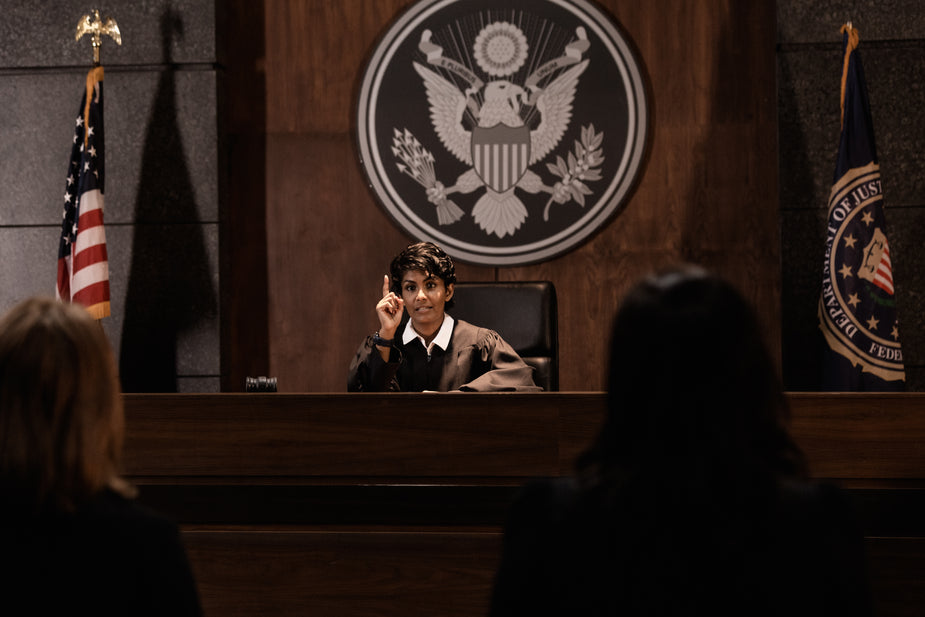A West-African client fled Mauritania after being beaten and assaulted by police officers because of the client’s sexual orientation. After being arrested and badly mistreated in Mauritania, the client fled to the United States. After arriving in the U.S. on a visa, the client timely applied for asylum (without legal assistance) with the US Asylum Office. Unfortunately, after a difficult interview with the US Asylum Office, the client’s case was REFERRED to the US immigration Court. This is an unfortunate, but not uncommon situation for asylum seekers who have filed for relief on their own. Some years after being referred to the Court, the client contacted our office to assist with preparing the client’s case for a hearing before the US Immigration Court.
THE LAW:
Every year people come to the United States seeking protection because they have suffered persecution or fear that they will suffer persecution due to:
- Race
- Religion
- Nationality
- Membership in a particular social group
- Political opinion
US Law protects and recognizes LGBT cases for protection and asylum. This means that if you fear persecution in your home country (or have already been persecuted) because of your LGBT status (whether you identify as gay, lesbian, transsexual, bi-sexual or gender non-conforming), you can qualify for asylum in the United States.
The leading US Case which lays out protection for LGBT members is Matter of Toboso-Alfonso 20 I&N Dec. 819 (BIA 1994) — (B.I.A. 1990) — this case, decided in 1990 and designated as precedent in 1994, established sexual orientation as “membership in a particular social group” and paved the way for asylum based on sexual orientation. Toboso-Alfonso was a gay man from Cuba who suffered various abuses at the hands of his government, including being forced to participate in a labor camp.
One-Year Filing Deadline
If you entered the U.S. and want to apply for asylum, it is extremely important that you file your case within one year of your arrival. This is true even if you have not yet been scheduled for a hearing. If you were detained and released from US Immigration and did not apply, certain court cases may make you eligible for an exception from this rule under a case called Mendez Rojas.
Who is covered by the Mendez Rojas certified classes?
To benefit from the district court decision, an individual must be a member of one of the two classes certified in the case:
Class A comprises individuals who: (1) Have been or will be released from Department of Homeland Security (DHS) custody after having been found to have a credible fear of persecution within the meaning of 8 U.S.C. § 1225(b)(1)(B)(v); and (2) Did not receive a notice from DHS of the one-year filing deadline for asylum applications; and either
- Have not filed an asylum application; or
- Filed an asylum application more than one year after their arrival in the United States.
If you think you might qualify for asylum, please contact our office for a consultation.
DHS Role in the Asylum Process
The US Department of Homeland Security of (DHS) represents the US Government at hearings before the US Immigration Court. The Office of the Principle Legal Advisor (OPLA) is charged with representing the government’s interests before the US Immigration Court. Each immigration Court is assigned to a different OPLA Office. Knowing the office which has jurisdiction over your case is a straightforward matter of checking an online database. This is important since an applicant before the US Immigration Court must send copies of all of their papers to the OPLA Office having jurisdiction over their case – called “serving” the government. This is an essential step of the normal process of seeking relief before a US Immigration Court.
In addition to understanding that the OPLA office represents the government, it is important to know the specific ROLE that their office plays in these proceedings. Specifically, it is essential to understand that the US Immigration Court will consider the position that DHS/OPLA takes in each case before deciding how to pass judgment. If the OPLA office assigned to a case agrees with a specific outcome, this can make the results far more certain.
As such, negotiating with the DHS/OPLA office in advance and discussing the case, while not ALWAYS possible to do, is a wonderful way to help “fight” your case in advance of the hearing itself. This is done not only through phone calls and discussions with OPLA/DHS before the hearing, but also through extensive preparation, briefing, and argument to make your case as strong as possible.
THE RESULT:
Because our client had prepared their asylum case on their own, the case was not well-briefed, documented, or prepared for trial. As such, it was important to gather new evidence in support of the case, draft and prepare argument and otherwise prepare the case. We worked hard to gather supporting documents and reasonably available evidence – including letters and statements from individuals who knew about the case and our client’s sexual orientation (an important element in these LGBT cases). After assembling a strong set of documents and timely submitting these to the US Immigration Court, our office reached out to DHS/OPLA.
Through discussions with OPLA/DHS, we were able to pre-litigate and narrow issues to make the hearing much more straight-forward. This step of speaking with DHS/OPLA is extremely important to help make Individual Hearings more predictable and to try (as much as possible) to determine the government’s position in advance of the hearing. This helps not only the client, but also the government.
In this case, our extensive preparation of the case and efforts to speak with DHS/OPLA about the case before the actual hearing made things go smoothly. At the hearing, DHS/OPLA agreed to a shortened hearing with limited testimony from the client – always a good thing when a client must recount difficult testimony and traumatic experiences. At the conclusion of a short hearing, DHS/OPLA “deferred” to the Court – meaning that they did not object to granting asylum (a very good thing, indeed!) and the Court granted asylum.
After a grant of asylum, this client is looking forward to a more peaceful life and is on a path to US Lawful Permanent Residency and eventual US Citizenship.
DISCLAIMER: All Case Results published here depend on specific facts and legal issues unique to the case. It is impossible to guarantee any results.



